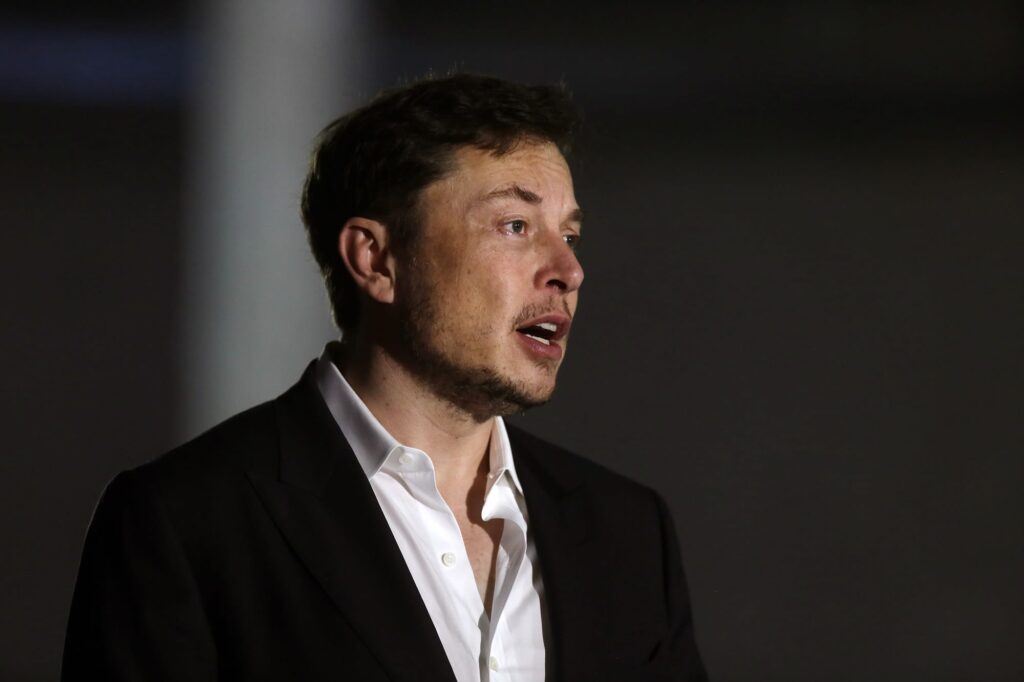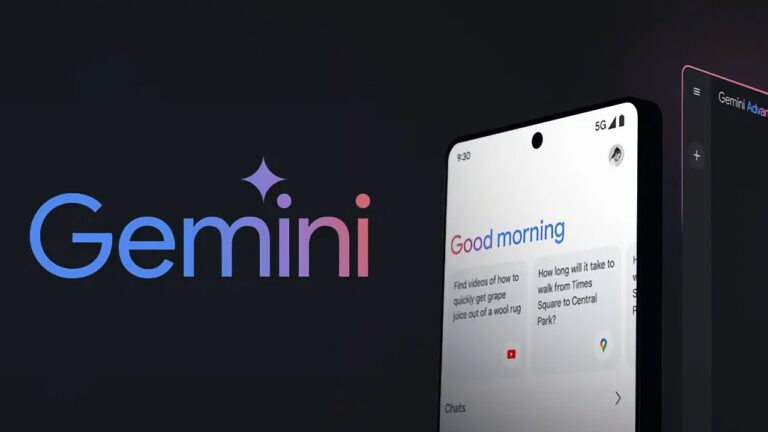
Audience
- Sentiment: Controversial
- Political Group: Conservative
- Age Group: 18-30
- Gender: Male
Overview
- Elon Musk criticizes Judge Paul Engelmayer’s ruling blocking DOGE from accessing sensitive payment systems.
- The article discusses the tension between innovation and government regulation exemplified by Musk’s actions.
- Musk’s call for the judge’s impeachment raises questions about judicial independence and the influence of powerful figures.
Elon Musk Calls for Impeachment: A Battle Between Innovation and Regulation
Have you ever heard the saying, “Sticks and stones may break my bones, but words will never hurt me”? In the world of politics and business, though, words can sometimes start a firestorm of conflict, especially when they come from someone as influential as Elon Musk. The billionaire entrepreneur, known for his groundbreaking work with Tesla and SpaceX, has found himself in the middle of a heated controversy once again. This time, it’s about a U.S. District Judge named Paul Engelmayer, and it’s sparked a debate that has implications for the tech world, government regulations, and even the legal system. Buckle up, because this story is anything but boring!
Who’s Involved?
So, who exactly are the main characters in this drama? Let’s break it down.
Elon Musk: You likely know Musk as the founder of companies like Tesla, which makes electric cars, and SpaceX, a company that is working to get humans to Mars. He’s also the co-founder of a cryptocurrency project called DOGE, named after the popular meme featuring the Shiba Inu dog. But beyond his wealth and fame, Musk is known for his outspoken personality, particularly on Twitter, where he often shares his thoughts, sometimes controversially.
Judge Paul Engelmayer: He’s a federal judge in the United States District Court for the Southern District of New York. Judges like Engelmayer play a crucial role in interpreting the law and making decisions that can impact people’s lives, businesses, and even government practices.
Department of Government Efficiency (DOGE): This is Musk’s project aimed at streamlining government operations. While it might sound like a good idea, critics claim that it could lead to significant risks, particularly regarding data security.
The Conflict
The trouble began when Judge Engelmayer issued a ruling that blocked DOGE from accessing sensitive payment systems managed by the U.S. Treasury Department. This decision didn’t come out of nowhere. It was a response to a lawsuit filed by 19 Democratic state attorneys general, who expressed concerns that giving DOGE access to this information could result in unauthorized access to sensitive data. Essentially, they were worried that important information could fall into the wrong hands.
Musk’s reaction to the judge’s ruling was explosive. He took to Twitter, calling Judge Engelmayer “corrupt” and claimed the judge was part of the problem rather than part of the solution. His tweets suggested that Engelmayer was protecting corruption rather than holding it accountable. This kind of rhetoric is typical for Musk, who often uses social media to express his opinions and rally his followers.
What’s at Stake?
This conflict highlights the ongoing tension between innovative technology and government regulation. On one hand, Elon Musk represents a new wave of ideas and technology that can revolutionize our world. On the other hand, authorities like Judge Engelmayer and the state attorneys general are trying to protect the interests of the public, ensuring that nothing harmful comes from these new technologies.
In the world of technology, we often see the clash between innovation and regulation. Think about it: how many times have you heard about a new app or a groundbreaking technology that caused concern among regulators? Whether it’s privacy issues with social media or data breaches in online commerce, navigating this digital landscape is tricky. Judging by Musk’s track record, he often prefers to push the boundaries of what’s possible without too much interference from the government.
Historical Context
This isn’t the first time we’ve seen such confrontations. Musk’s style of interaction with the judicial system often draws parallels to how former President Donald Trump engaged with judges and courts during his administration. Both figures have been known to challenge judicial authority and publicly criticize decisions they disagree with.
For instance, during Trump’s presidency, he often took to Twitter to lash out at judges who ruled against his policies, claiming they were biased or corrupt. Musk appears to be following a similar playbook by questioning the integrity of the judge in this case. Such behavior raises questions about the role of power dynamics in the relationship between business leaders, the government, and the judiciary.
The Implications
The implications of Musk’s call for impeachment are significant. Impeachment is a serious action, usually reserved for judges who engage in misconduct or abuse their power. By calling for Engelmayer’s impeachment over a policy ruling, Musk is arguably challenging the foundational principle of judicial independence, which means courts should make decisions based solely on law, free from outside influence or pressure.
If Musk succeeds in rallying public and political support for his cause, it could set a dangerous precedent. It might encourage other powerful figures to try to manipulate or undermine judges they disagree with, leading to more instability in the legal system.
On the flip side, this controversy might spark discussions about how we balance innovation and regulation and what role the government should play in overseeing new technologies. Technology is evolving at lightning speed, and sometimes regulations can lag behind. Musk’s work has the potential to change the world, but how do we ensure that it is done safely and responsibly?
A Personal Touch
As a 9th grader, you might not be directly involved in this debate yet, but the issues at hand could affect your future. Just think about how many technologies you use every day—from your smartphones to the apps you play on. How much do you trust that the information you share online is secure? Will the innovations of today lead to new, exciting opportunities or complicate our lives further?
For me, this story is like watching a superhero movie unfold. You have the ambitious hero (Musk), pushing for groundbreaking advancements and challenging the status quo, and then you have the wise, guiding figure (the judge), who tries to hold things together, ensuring that progress doesn’t come at the price of society’s security. It’s a classic battle that makes you root for the underdog—but also reminds you of the complexities that come with power.
Conclusion
At the end of the day, the clash between Elon Musk and Judge Engelmayer showcases the complexity of our modern age where technology, politics, and law intersect. The upcoming hearing on February 14 will be crucial, and we’ll have to see how this conflict develops. Will Musk’s calls for impeachment gain traction, or will the court uphold its decision for greater accountability?
Whatever happens, it’s clear that these discussions around technology and regulation will only continue to heat up. So what do you think? Is Musk right to push for access to government systems, or is the judge just doing his job to protect sensitive information? Share your thoughts in the comments!






